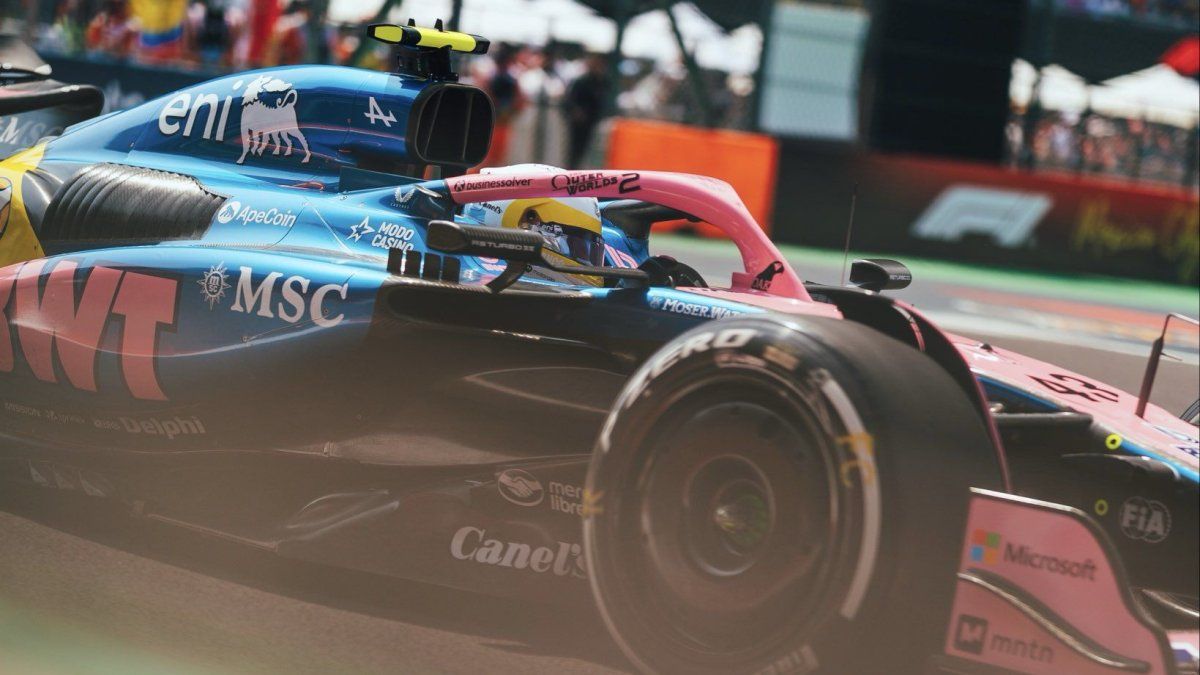Will the EU decide to start accession negotiations with Ukraine in December? Top representative Charles Michel is anything but optimistic during a visit to Kiev.
During a visit to Ukraine, EU Council President Charles Michel warned against seeing a quick decision to start EU accession negotiations with the country as a sure-fire success.
Some of the EU member states have made it clear that they would like to think carefully before deciding on the next step in the accession process, the Belgian explained to journalists on the train entering Kiev. They are working hard to reach a unified position by the EU summit in December. However, the political difficulties should not be underestimated – also because difficult budget decisions have to be made at the same time.
Michel did not say which EU states could block the start of accession negotiations for the country, which has been defending itself against the Russian war of aggression since February 2022. He simply pointed out in general that, in addition to fundamentally reserved states, there was also another difficult group. This is of the opinion that the Western Balkan states should currently be prioritized in the accession process because they were promised admission to the EU more than 20 years ago. These countries are not against new steps for Ukraine, but want assurances that progress will also be made for Western Balkan states such as Bosnia-Herzegovina, explained Michel.
Hungary firmly rejects the start of accession negotiations
It is currently known that Hungarian Prime Minister Viktor Orban firmly rejects the start of accession negotiations with Kiev recommended by the EU Commission. “Ukraine is in no way in a condition to negotiate its accession ambitions,” Orban said a week and a half ago. Austria and Slovenia are particularly seen as countries pushing for progress in the EU accession process with Balkan states.
Michel had held informal talks with numerous EU heads of state and government in the past few days and now wanted to talk to Ukrainian President Volodymyr Zelensky about the situation during his visit to Kiev.
The Belgian recently caused a stir by saying that, in his view, Ukraine could be part of the EU as early as 2030 if the country implements the necessary reforms, fights corruption and meets the legal requirements. At the same time, in his opinion, there must also be internal EU reforms – for example to speed up decision-making processes.
Reform requirements not yet fully met
Ukraine is currently waiting for a decision on starting accession negotiations. The EU Commission recommended this step in principle two weeks ago, but the governments of the EU countries still have to agree to it. A decision is expected to be made at the last regular summit of EU heads of state and government of the year on December 14th and 15th.
One obstacle could be reform requirements that have not yet been fully met by Ukraine. The EU Commission is of the opinion that these should only be a condition for setting up the first round of negotiations, but no longer for the fundamental decision. The reforms that have not yet been completed concern the fight against corruption, the protection of minorities and the influence of oligarchs in the country. The EU Commission expects that they can be implemented by next March.
With his visit to Ukraine on Tuesday, Michel also wanted to mark the anniversary of the pro-Western demonstrations called Euromaidan calling for the signing of a rapprochement agreement with the EU. The three-month, sometimes violent, continuous protests in the Ukrainian capital Kiev began exactly ten years ago and led to the overthrow of the then Russia-friendly President Viktor Yanukovych.
As a result, Russia occupied the Black Sea peninsula of Crimea and annexed it a short time later. Moscow then supported eastern Ukrainian separatists in the Donetsk and Luhansk regions for years and launched the invasion of Ukraine in February 2022, which continues to this day.
Source: Stern
I have been working in the news industry for over 6 years, first as a reporter and now as an editor. I have covered politics extensively, and my work has appeared in major newspapers and online news outlets around the world. In addition to my writing, I also contribute regularly to 24 Hours World.




